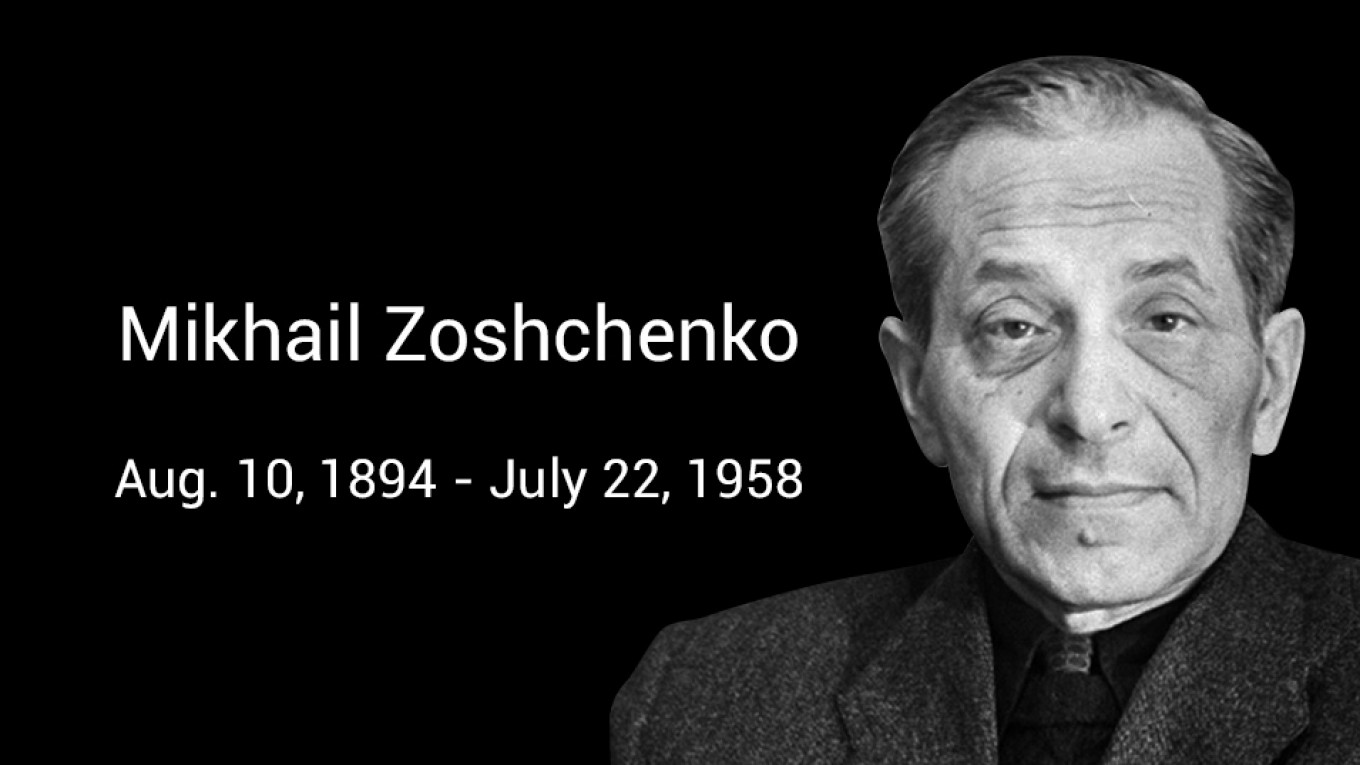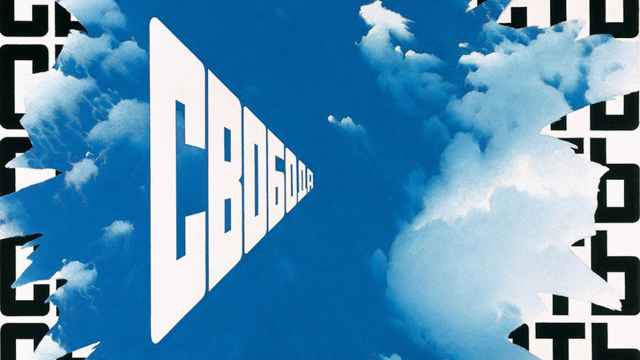Soviet satirical writer Mikhail Zoshchenko was born in Poltava, Ukraine to a Russian mother and a father descended from Ukrainian nobility. From a young age, he enjoyed writing poetry and prose. In school he was not a good student and attempted suicide after failing a composition class. At the age of 17, Zoshchenko began studying law at St. Petersburg State University, but did not have enough money to complete his education.
When World War I began, Zoshchenko volunteered for military service and completed his training as an office in 1915. He chose to fight in the frontlines, where he was seriously wounded and awarded for bravery in action. Due to his health problems, he began working in the postal system, but joined the border guards after the 1917 October Revolution. During the Russian Civil War, he fought at the frontlines for the Red Army until he was discharged in 1919 for poor health.
Upon his return to Petrograd, Zoshchenko found work as a military clerk and began focusing on his literary career when he joined a group of Petrograd authors known as the Serapion Brothers. In 1921, he published his first book of stories. His works satirized life in the Soviet Union, depicting its most recognizable absurdities: slogans, food shortages, life in communal apartments, bureaucracy and corruption. With his deadpan style and sly wit, he quickly became one of the most popular writers in Russia, eventually selling up to 100 million copies of his works. His most famous books include “Sentimental Tales” (1923-1936), “Youth Restored” (1933), and “Sky-Blue Book” (1935).
When World War II began, Zoshchenko began working for the Soviet satirical magazine Krokodil as well as newspapers and radio. He was evacuated to Kazakhstan, where he worked for Mosfilm and wrote the script for “Soldier’s Luck” (1943). When Zoshchenko returned to Moscow in 1943, he joined the editorial board of Krokodil, wrote plays for the Leningrad Dramatic Theater, and published his famous novella “Before Sunrise.” But by 1946, Stalin considered Zoshchenko’s works politically dangerous, and the writer was soon expelled from the Soviet Writer’s Union and stripped of his food ration card. As his publishers began cancelling his contracts, Zoshchenko fell into poverty. He began working for a shoemaker and was not allowed back into the Soviet Writer’s Union until Stalin’s death in 1953. He received a pension shortly before his death on July 22, 1958.
A Message from The Moscow Times:
Dear readers,
We are facing unprecedented challenges. Russia's Prosecutor General's Office has designated The Moscow Times as an "undesirable" organization, criminalizing our work and putting our staff at risk of prosecution. This follows our earlier unjust labeling as a "foreign agent."
These actions are direct attempts to silence independent journalism in Russia. The authorities claim our work "discredits the decisions of the Russian leadership." We see things differently: we strive to provide accurate, unbiased reporting on Russia.
We, the journalists of The Moscow Times, refuse to be silenced. But to continue our work, we need your help.
Your support, no matter how small, makes a world of difference. If you can, please support us monthly starting from just $2. It's quick to set up, and every contribution makes a significant impact.
By supporting The Moscow Times, you're defending open, independent journalism in the face of repression. Thank you for standing with us.
Remind me later.






